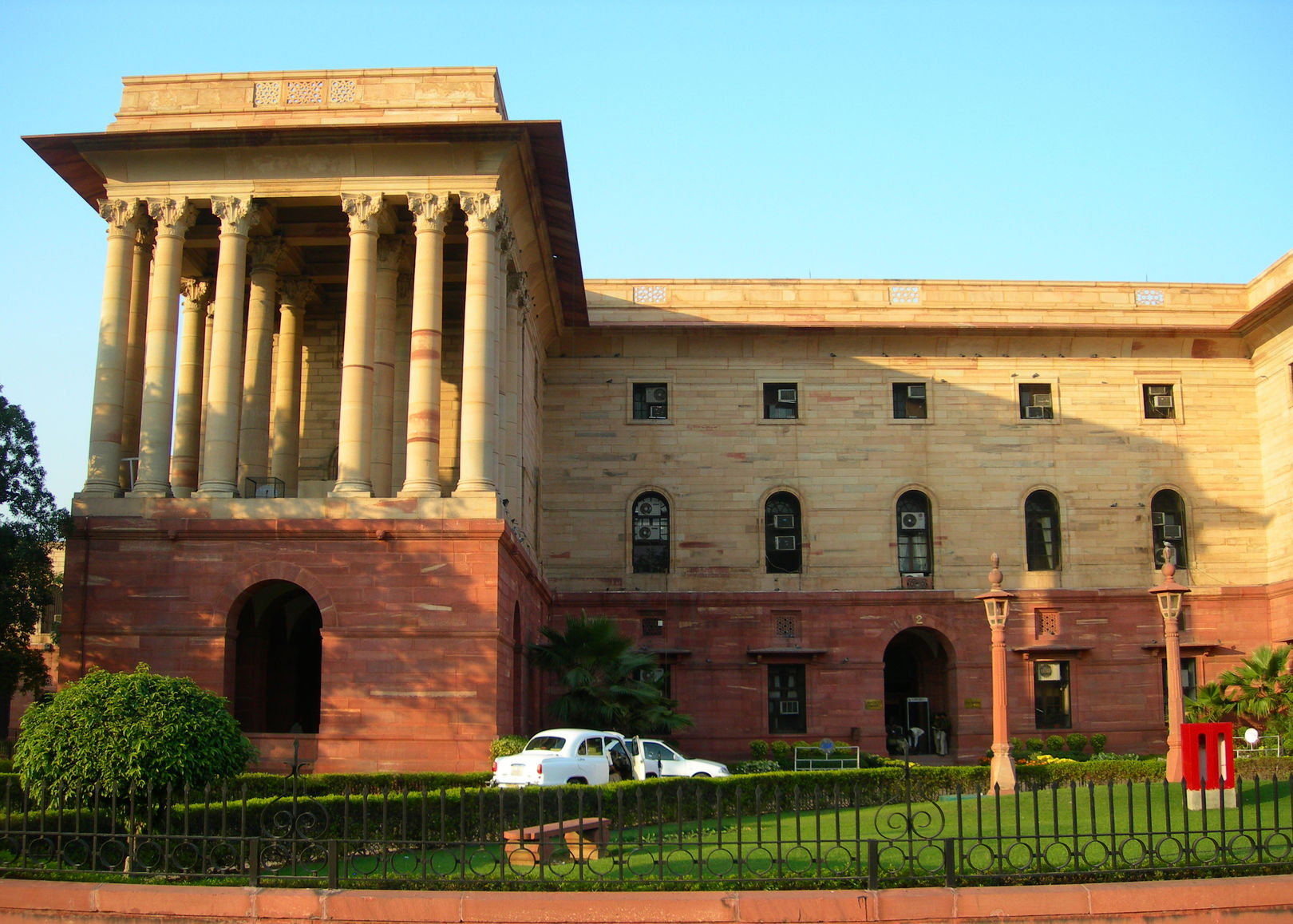The Ministry of Finance issued a notification on September 04, 2023, to amend the Prevention of Money Laundering (Maintenance of Records) Rules, 2005 (“Rules”), to enhance clarity and stringency of money laundering prevention efforts. The amendment seeks to ensure stricter compliance by reporting authorities to keep a check on money laundering and terror financing.
WHAT DO THE CHANGES IMPLY?
The Government has been revising the anti-money laundering legislations, considering the Financial Action Task Force (“FATF”), which is scheduled to hold an onsite evaluation of the implementation of anti-money laundering and counter-terror financing standards in India later this year. In furtherance of the same, the following amendments have been proposed:
- The principal officer must be an officer at the management level: The Ministry amended Rule 2[1], which provides that the ‘principal officer of a reporting entity’ must be an ‘officer at the manager level’. This was done to ensure proper and effective compliance by reporting entities by placing the responsibility on an officer who is a part of the management and has more expertise. Prior to the amendment, entities could appoint any officer at their discretion. Further, the reporting entity also has to verify the identity of the person authorised to act on behalf of the juridical person and the correctness of such authorisation.[2] In case the client is a trust, the reporting entity must ensure that each trustee declares their status.[3] Earlier, they were only required to maintain updated records of identification, account files and business correspondences.
- Shareholding criterion of the beneficial owner of a company reduced to 10% of the total capital: To widen the scope of a ‘beneficial owner’, changes were made in Rule 9[4] to bring them under the purview of strict monitoring. For beneficial owners of a partnership firm, the shareholding percentage criterion was reduced from 15 percent to 10 percent[5] to prevent ‘benami’ activities and operations of a shell company by enlarging the list of records needed to be maintained physically by the physical entities. Moreover, the beneficial owner would also be considered a person “who exercises control through other means”, where “control” shall include the right to control the management or policy decision.”[6] Therefore, the amended definition will include even those shareholders who have an ownership of ten percent or less of the capital or profits, but exercise control through other means.
- Strict compliance and monitoring of client identity and records: To enhance transparency of clients of reporting entities such as banks and financial institutions, Rule 10 was also amended, which provides that the reporting entity must determine whether a client is acting on behalf of a beneficial owner and must check the identity of the beneficial owner at the time of commencement of an account-based relationship with such client. Therefore, in order to ensure tighter compliances and monitoring, the reporting entity would also have to maintain records of analysis of transactions by a client and due diligence whereas, earlier, they were only required to maintain updated records of identification, account files and business correspondences.
Analysis of the Earlier Amendments in 2023
In recent months, the government has tightened various anti-money laundering provisions ahead of the FATF assessment. This was the third time the Rules were amended to keep the anti-money laundering Rules at par with the requisite standards. Earlier, in March, the PMLA rules were amended, making it mandatory for banks and financial institutions to record financial transactions of politically exposed persons (“PEP”). Also, financial institutions or reporting agencies were mandated to collect information on financial transactions of non-profit organizations or NGOs under the PMLA. The government also made Know Your Customer (“KYC”) mandatory for crypto exchanges and intermediaries dealing with virtual digital assets. Further, in May, the Finance Ministry had notified changes in Prevention of Money Laundering Act, 2002 (“PMLA”), provisions which made chartered and cost accountants and company secretaries liable under the anti-money laundering law for carrying out certain specified financial transactions on behalf of their clients.
Concluding thoughts
These Amendment Rules make substantial changes that strengthen anti-money laundering operations in India by making the terminologies clearer and more inclusive. The authorities can identify potential high-risk candidates involved in money laundering by demanding detailed and specific data from customers during the due diligence process and by enforcing stringent monitoring measures on the stakeholders. While India is FATF requirement compliant, any shortcomings discovered in the country’s ability to combat money laundering could result in unfavorable reviews or have an influence on its rating, making it more expensive for foreign companies to conduct business in the country. Therefore, it is imperative that India take steps to retain its top tier rating, which it achieved in 2010. These modifications mark a significant advancement in the fight against money laundering and terror financing in India.

For further information, please contact:
Faraz Alam Sagar, Partner, Cyril Amarchand Mangaldas
faraz.sagar@cyrilshroff.com
[1] Prevention of Money-laundering (Maintenance of Records) Rules, 2005
[2] Rule 10, Prevention of Money-laundering (Maintenance of Records) Rules, 2005
[3] The Prevention of Money Laundering (Maintenance of Records) Second Amendment Rules, 2023
[4] Prevention of Money-laundering (Maintenance of Records) Rules, 2005
[5] The Prevention of Money Laundering (Maintenance of Records) Second Amendment Rules, 2023
[6] The Prevention of Money Laundering (Maintenance of Records) Second Amendment Rules, 2023





